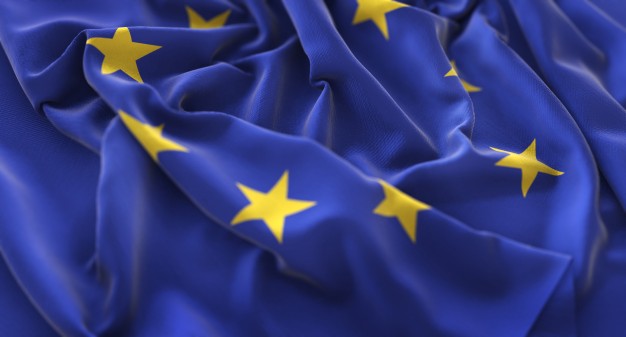Current travel restrictions within the EU are set to leave on Tuesday, February 1 with the emphasis now to be placed on the traveller’s Covid-19 status.

The European Union Member States are advised to remove the current restrictions, which are based on the COVID-19 situation on the traveller’s country of departure and replace them with restrictions based on the traveller’s situation.
On Tuesday, January 25, the EU Council adopted a new recommendation in another bid to facilitate safe free movement, which guides the Member States to take into account the status of the traveller, instead of his/her country of departure, SchengenVisaInfo.com reports.
“This means that a traveller’s COVID-19 vaccination, test or recovery status, as evidenced by a valid EU digital COVID certificate, should be the key determinant. A person-based approach will substantially simplify the applicable rules and will provide additional clarity and predictability to travellers,” the Council said in a press release.
The recommendation becomes effective on February 1, on the same day when the Member States shorten the validity of vaccination certificates to 270 days at most, while some of the members are set to make them even shorter.
According to the recent decision of the Council, all restrictions to free movement should be lifted for travellers holding an EU digital COVID certificate that proves the same has been vaccinated with at least two COVID-19 vaccines in the last 270 days, a certificate of recovery from COVID-19 issued in the last 180 days, or a negative result of a test taken in the last 72 hours if it is PCR or the last 24 hours if it is a rapid antigen test.
Those who do not hold an EU Digital COVID certificate will have to test for COVID-19 24 hours before or after arrival.
Children under the age of 12 are exempt, as well as those with an essential function or need, and cross-border commuters.
Commenting on the recommendation, the Commissioner for Health, Stella Kyriakides, and Commissioner for Justice, Didier Reynders, said that the move reconfirms that the possession of a valid EU Digital COVID Certificate should be sufficient when travelling during the pandemic.
“This agreement thus puts the EU Digital COVID Certificate at the heart and centre of our coordinated approach. It is important that the Member States follow up on this agreement and implement the rules agreed without delay,” the Commissioner said.
It is up to the Member States to apply the recommendation based on their COVID-19 situation, she said. They must discontinue the additional travel measures that have made travel more cumbersome and less predictable across the bloc in recent weeks due to the spread of the Omicron variant.
In spite of the individual-based approach, the European Centre for Disease Prevention and Control (ECDC) will continue to weekly update the maps indicating the risk of infections, according to each country’s 14-day vaccine uptake, testing rate, and notification rate.
Read all the Latest News here. Follow us on Facebook, Twitter, Instagram, and LinkedIn.


















Add comment